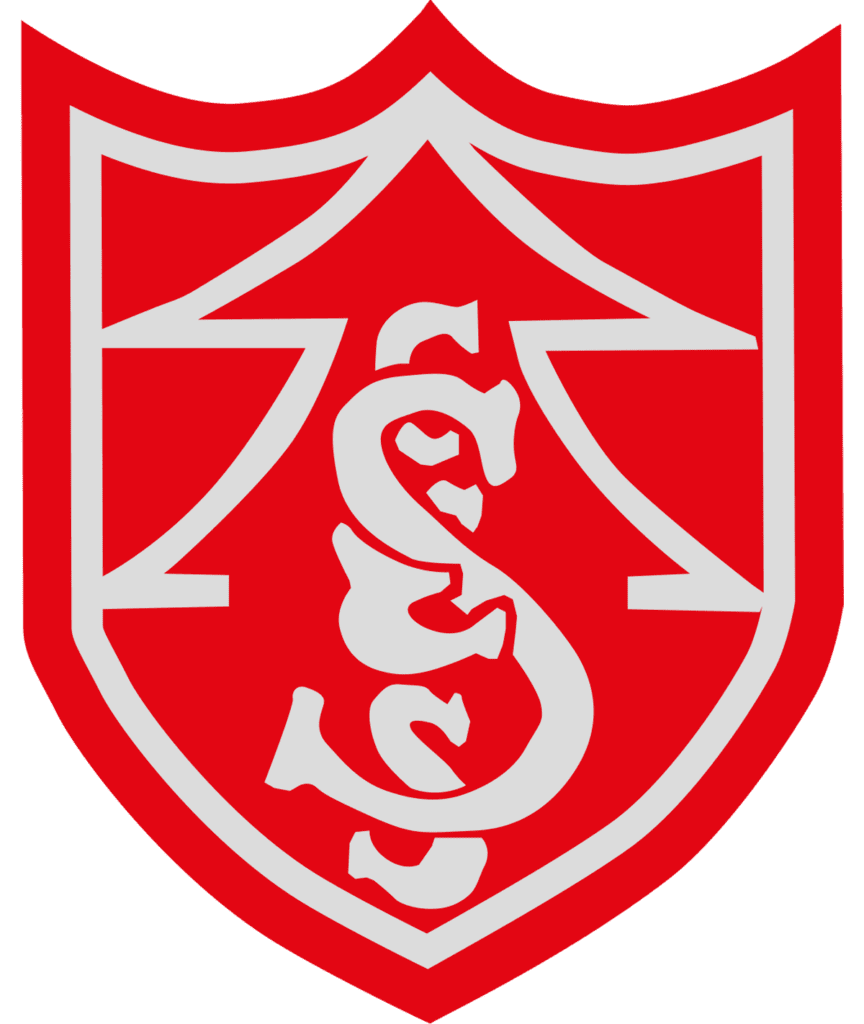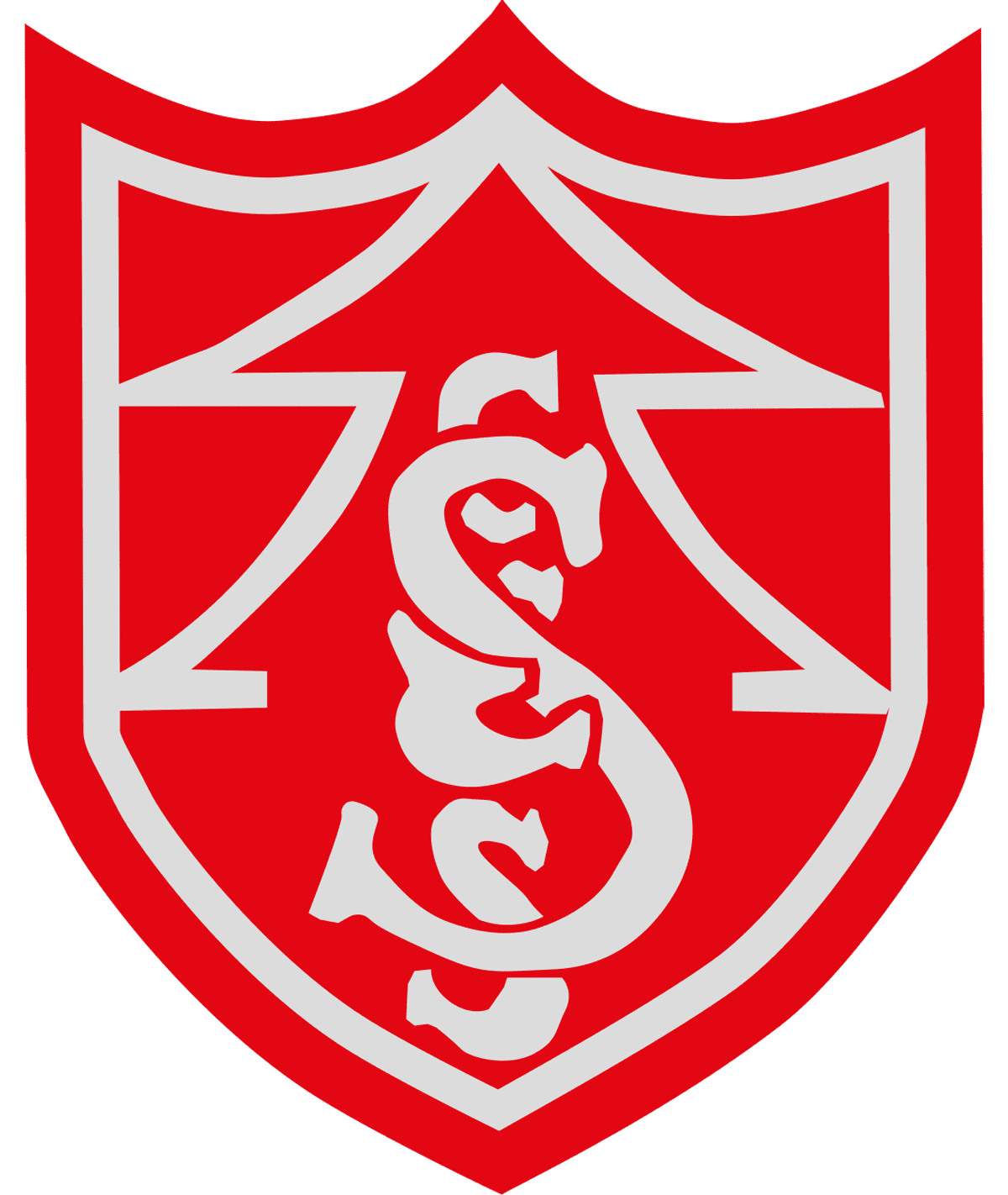PE
Physical Education at Singleton School
At Singleton School, we believe in fostering a healthy and active lifestyle for all our students. Our goal is to ensure that every child has a positive experience with sport and physical activity from a young age, building a lifelong habit of participation. We recognize the significant benefits of physical activity for both physical health and mental wellbeing. Active children tend to have higher self-esteem, better emotional wellbeing, and lower levels of anxiety and depression. They are also happier, more resilient, and more trusting of their peers.
We use the PE and sport premium to enhance our PE program, providing quality teaching and coaching, high-quality staff training, a broad range of extra-curricular activities, and top-notch resources and equipment. This funding also allows us to hire additional staff to support extra-curricular sports and exercise.
Our PE curriculum is designed to inspire all pupils to excel in competitive sports and other physically demanding activities. We aim to develop physical confidence, support health and fitness, and provide opportunities for character building through competition. Our curriculum emphasizes the importance of cooperation, teamwork, fairness, and respect.
We use the Lancashire Physical Education Scheme of Work to ensure a flexible, ambitious, and well-sequenced curriculum that builds the necessary knowledge and skills for our pupils’ future. This scheme supports our mixed-age classes with a two-year rolling program, ensuring that new knowledge builds on previous learning. Our curriculum design is informed by cognitive and long-term memory research, focusing on three degrees of understanding: Entering, Developing, and Secure.
In the Early Years, we focus on developing gross and fine motor skills using the Lancashire Scheme’s resources. In Key Stage 1, we assess fundamental movement skills (FMS) and adapt our teaching to meet the needs of each child, integrating these skills into daily activities. At the end of Key Stage 1, we reassess these skills to measure progress and share the results with the Year 3 teacher.
In Key Stage 2, our focus shifts to developing more advanced skills. In Years 3 and 4, we emphasize attacking skills and simple tactics in various sports, while in Years 5 and 6, we build on these skills with more complex strategies and team play. Gymnastics and dance are also key components, with a focus on performance and sequencing skills.
Our curriculum planning is based on the principles of Intent, Implementation, and Impact. We have a long-term planning document that ensures progression in skills and knowledge, organized in a logical sequence to help pupils systematically acquire the intended outcomes. The flexibility within the Lancashire Scheme allows us to tailor the content to meet our students’ needs, ensuring a comprehensive and engaging PE curriculum.
At Singleton School, we are passionate about promoting mental health and wellbeing through exercise and outdoor learning, believing that these activities have a significant positive impact on our children.
Please click here for a more in-depth explanation of our PE curriculum
Progression of knowledge and skills from EYFS to Year 6.
To support with effective teaching and learning we have also produced ‘Progression’ within Key Knowledge and Skills grids.
Progression of Knowledge and Skills
Assessment in PE
We use the LCC ‘Pupil Passport Application’ to assess pupils’ work, over time and at the outcomes. This ‘App’ supports assessment judgments, identifying pupil progress against the key skills and knowledge.
Within the Pupil Passport Lancashire Education Scheme’s term planning section, each year is broken down into six half terms. Each half-term covers a particular sporting activity, which is broken down into weekly lessons. Each lesson aims at achieving a lesson objective(s) including success criteria and specific teaching point e.g. Can you describe your gymnastic sequence?
Inside each lesson plan is an evidence tab that allows teachers to capture, by picture or video, pupils involved in activities that demonstrate whether a pupil is ‘developing a skill, applying a skill and a character development section.’
When one of these skills is highlighted the teacher can add a B (Bronze) S (Silver) G (Gold) or Star. These signify whether a pupil is Working towards (B), Achieving expectations (S), Exceeding expectations (G) or Greater (Star). Teacher feedback can also be added to both picture and video evidence.
Assessment can be completed for groups of children, or on an individual basis.
The Pupil Passport collates a full assessment overview for groups/pupils – this can be analysed and broken down as required.

